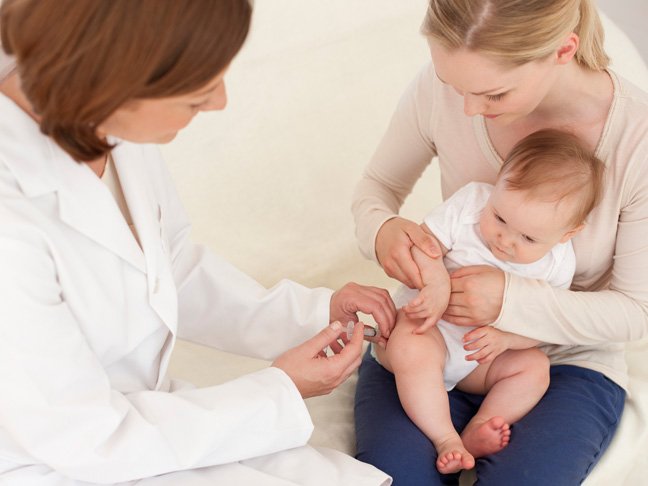It can be difficult to research all of the different vaccines that are recommended for your child, but the Hib vaccine stands out for its ability to prevent serious infections that are related to Haemophilus influenza type b. This includes epiglottitis, pneumonia, and meningitis — all very contagious diseases with that can make your child very sick.
Is the Hib vaccine a live virus?
This vaccine is a live virus containing synthetic substances that are similar to the bacteria in the virus. The immune system is capable of recognizing the attack if you’re exposed to it and will prevent it from progressing in the body. Getting the vaccine will help reduce the risk of the child becoming ill, or it will result in a milder infection that is not as severe because the child has already been exposed to the bacteria.
How many doses of the Hib vaccine are needed?
Four doses are needed to protect a child’s health in the first few years of life. The recommended ages for getting the vaccine are 2 months, 4 months, 6 months, and between 12 and 15 months. It may be given at the same time as other vaccinations. Children who are over the age of 5 no longer need the vaccine.
What does the vaccine protect against?
The vaccine protects children from contracting several different illnesses. Meningitis causes an infection in the fluid that is present in the brain and spinal cord. Pneumonia is an infection of the lungs. Getting this vaccine can also prevent children from contracting epiglottitis, which consists of swelling of the throat and can lead to labored breathing. Joint, bone, and blood infections are also related to Hib diseases and are prevented once the child becomes vaccinated.
What is the effectiveness of the vaccine?
In the 1980s, Hib was the leading cause of bacterial meningitis in the U.S. for children under the age of 5. An average of 20,000 children contracted the illness each year, but the incidence has now decreased by 99 percent with fewer than 55 cases annually, proving that the vaccine is extremely effective. The 55 cases each year are often related to children who are too young to receive the vaccine.
The vaccine is effective in preventing germs from spreading to different parts of the body and is safe for young children. Similar to other types of vaccines and medications, there are some side effects that the child may experience, such as irritability, loss of appetite, and a fever. Consult your pediatrician if you have any concerns, or notice any unusual side effects.
Photo: Getty








